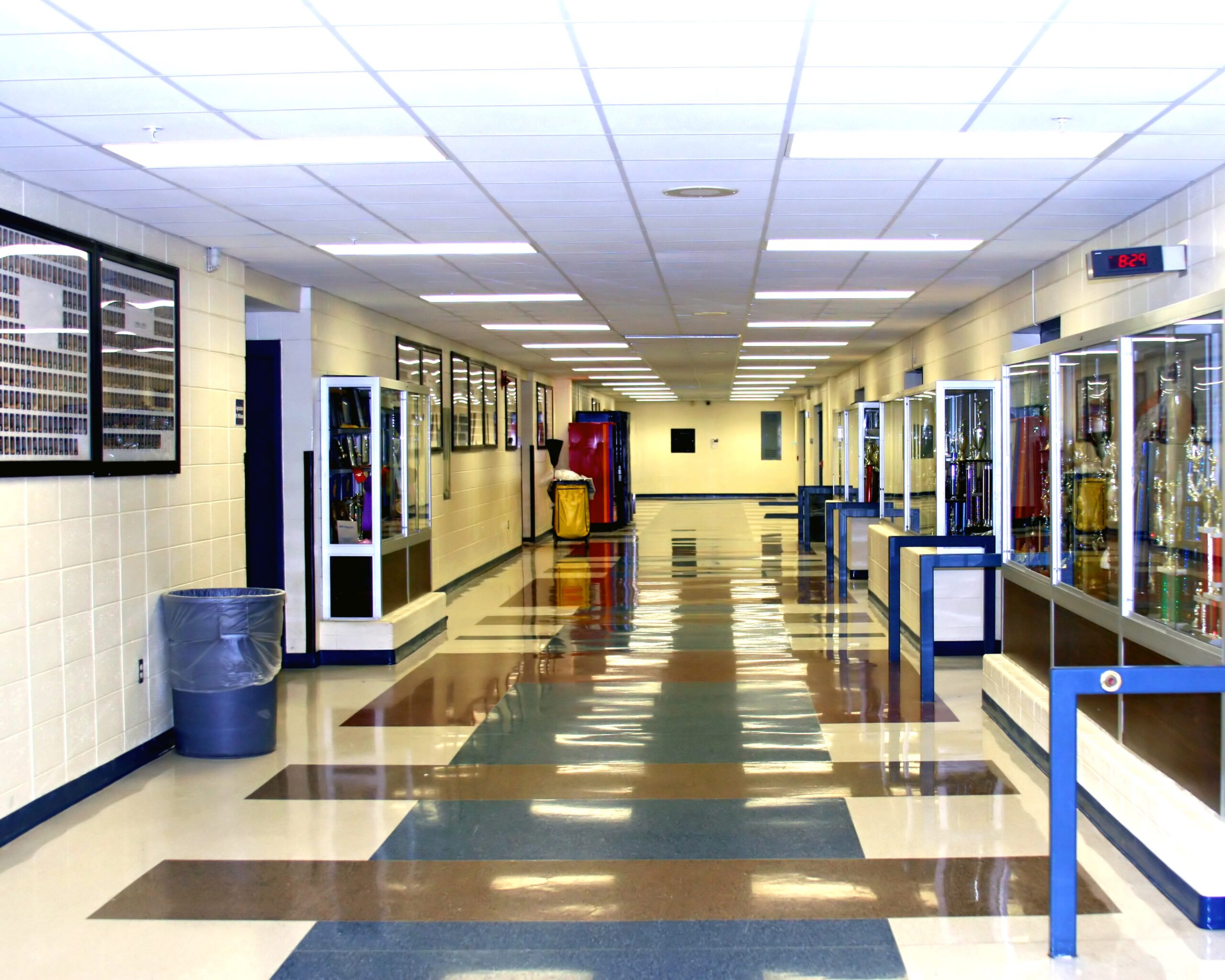JACKSON, NJ — The Jackson Township School District is facing the harsh reality of having to sell Sylvia Rosenauer Elementary School, a vital educational institution in an underserved community, due to significant reductions in state aid. This decision comes as a direct result of financial pressures exacerbated by ongoing state mandates and a substantial decrease in funding under Governor Phil Murphy’s administration.
Governor Murphy has advocated for the consolidation of school facilities across the state as a cost-saving measure, suggesting that districts with multiple schools reduce their numbers to manage budgets more effectively. “You got three high schools, you should have two. You have five middle schools, you should have four,” Murphy stated, acknowledging the difficulty of such decisions.
The financial challenges for Jackson Township have been compounded by unpaid state mandates, including the cost of private bussing for private school students and ESL programs for Hispanic students, which have placed additional strain on the district’s budget. The closure of Rosenauer Elementary School was communicated to students and parents as a necessary measure to address a looming budget deficit, emphasized by the district’s need to submit a balanced budget to operate by September.
The district is set to sell the elementary school for $8 million to cover part of a $22.4 million shortfall created over seven years due to the loss of state aid. This situation has sparked significant controversy, with many local officials and residents viewing the state’s current S2 funding formula as unfair, particularly to districts in areas that did not support Governor Murphy in previous elections.
This financial redistribution has led to Jackson becoming a larger “sending district,” where a significant portion of local education taxes is redirected to fund schools in major cities like Newark and Camden, rather than supporting the local district. Critics argue that this approach, while aimed at equitable funding, disproportionately impacts smaller, less affluent communities.
Local leaders continue to call on the governor and state legislature to revisit and potentially revise the funding measures to prevent further educational disruptions and ensure fair support for all New Jersey school districts.

